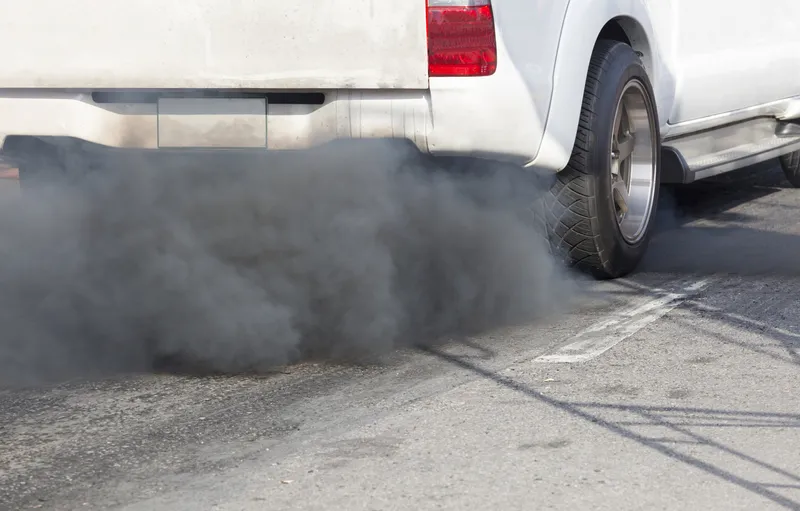Private and fleet car buyers could save hundreds of lives a year by insisting the cars they purchase are fitted with auto emergency braking (AEB), according to UK motoring organisation IAM RoadSmart and coalition partners.
The coalition, which comprises car and road design experts, said AEB systems (which automatically apply the vehicle’s brakes if pedestrians, cyclists or other vehicles are detected ahead) could save 1, 100 lives and 122, 860 causalities over the next ten years. In addition, the insuran
September 28, 2017
Read time: 2 mins
Private and fleet car buyers could save hundreds of lives a year by insisting the cars they purchase are fitted with auto emergency braking (AEB), according to UK motoring organisation IAM RoadSmart and coalition partners.
The coalition, which comprises car and road design experts, said AEB systems (which automatically apply the vehicle’s brakes if pedestrians, cyclists or other vehicles are detected ahead) could save 1, 100 lives and 122, 860 causalities over the next ten years. In addition, the insurance industry-funded Thatcham Research calculates that 308 fewer deaths and serious injuries by 2025 and can save society £138 million if buyers insist on AEB.
Peter Shaw, CEO of Thatcham Research said: “There’s an urgent need to change the consumer and fleet mind-set around car safety. Especially when AEB can cost as little as £200. Safety should be a deal-breaker, not a nice to have. If it doesn't have AEB, it shouldn't be a sale.”









